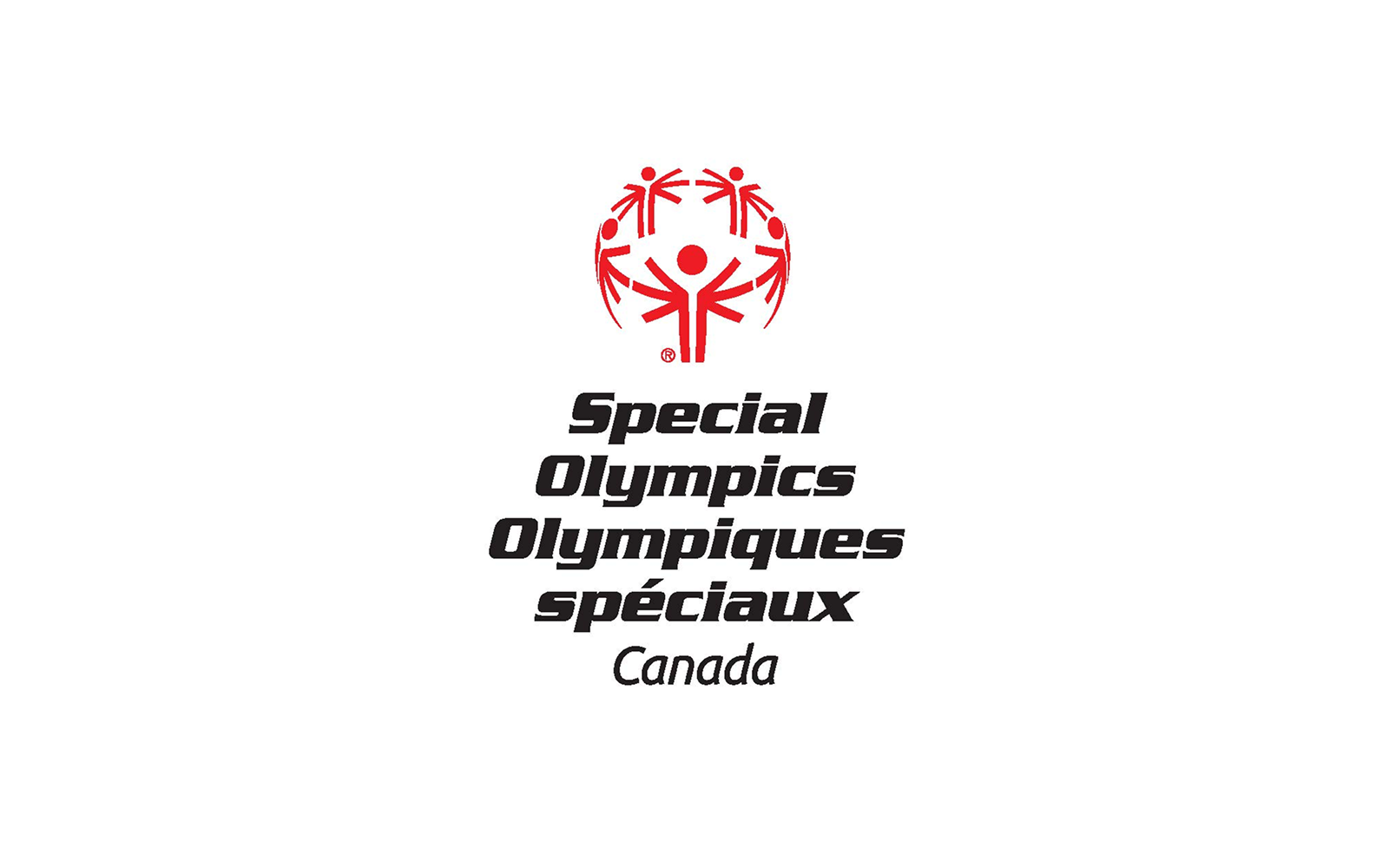ACES: Athlete COVID Experience Survey
Principle Investigators: Dr. Jonathan Weiss and Teresa Selitto

Project Summary
COVID-19 has significantly affected the health and well-being of individuals with intellectual disabilities (ID). Individuals with ID have experienced reduced levels of physical activity and worsened mental health. They also experienced isolation, confusion about restrictions, and difficulty accessing mental health care.
The Goals of the Project were to:
-
1Understand How Athletes and Families Have Stayed Connected to Special Olympics During the Pandemic,and how they plan to stay connected post-pandemic.
-
2Identify the Barriers to Involvementwith Special Olympics.
-
3Understand the Impact of the Pandemic on Athletes and Their Families,and how they coped.
A total of 225 caregivers of Special Olympics athletes across Canada completed an online survey. The survey showed that during the pandemic, 58% of participants stayed involved in Special Olympics, but most athletes became less physically active. While many caregivers felt comfortable returning post-pandemic, families expressed concerns about safety, including worries about crowds and risks for high-risk athletes.
The pandemic led to decreased physical activity and worsened mental health for most athletes, with stressors such as isolation and missing important celebrations. However, 49% of participants reported that Special Olympics helped athletes cope through opportunities for physical activity and social connection.
Key Messages
-
1Families are Keen to Resume ProgrammingBy knowing what families need to feel comfortable resuming activities, we can create programming that meets their needs.
-
2Special Olympics as a Coping MechanismSpecial Olympics programming can be used to help athletes manage stress and improve their well-being.
-
3Families Know What Will Help their AthletesSocial connection, greater access to day programming, support workers, and mental health services can all support athletes in their recovery post-pandemic.

